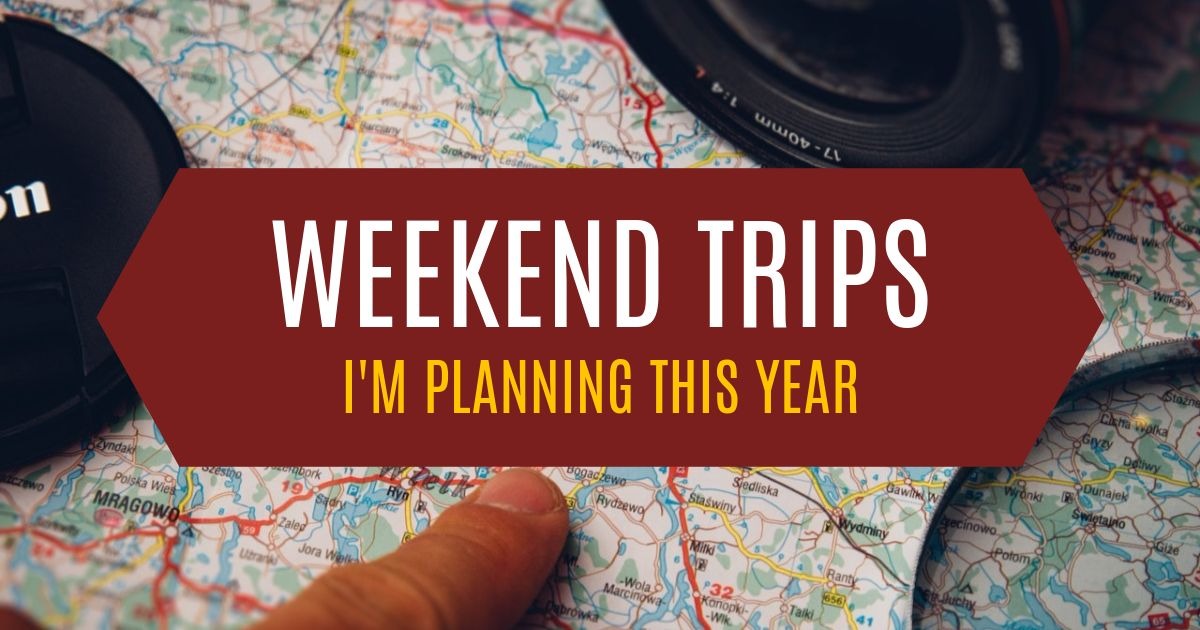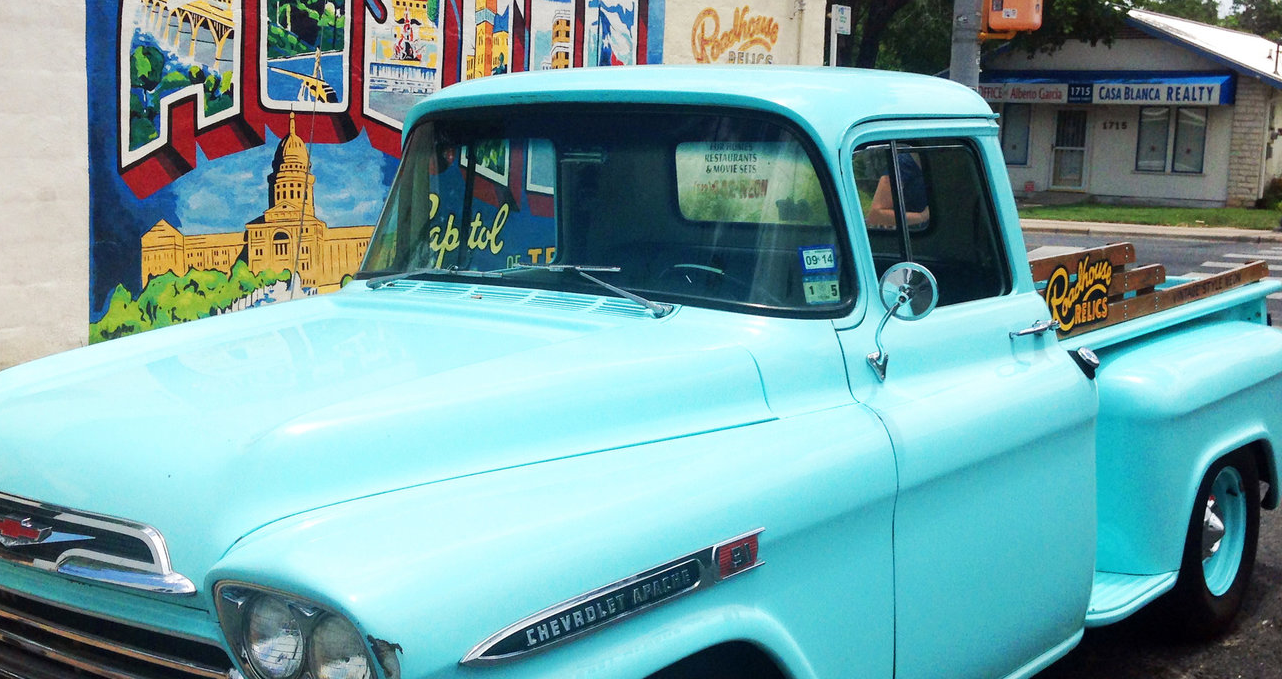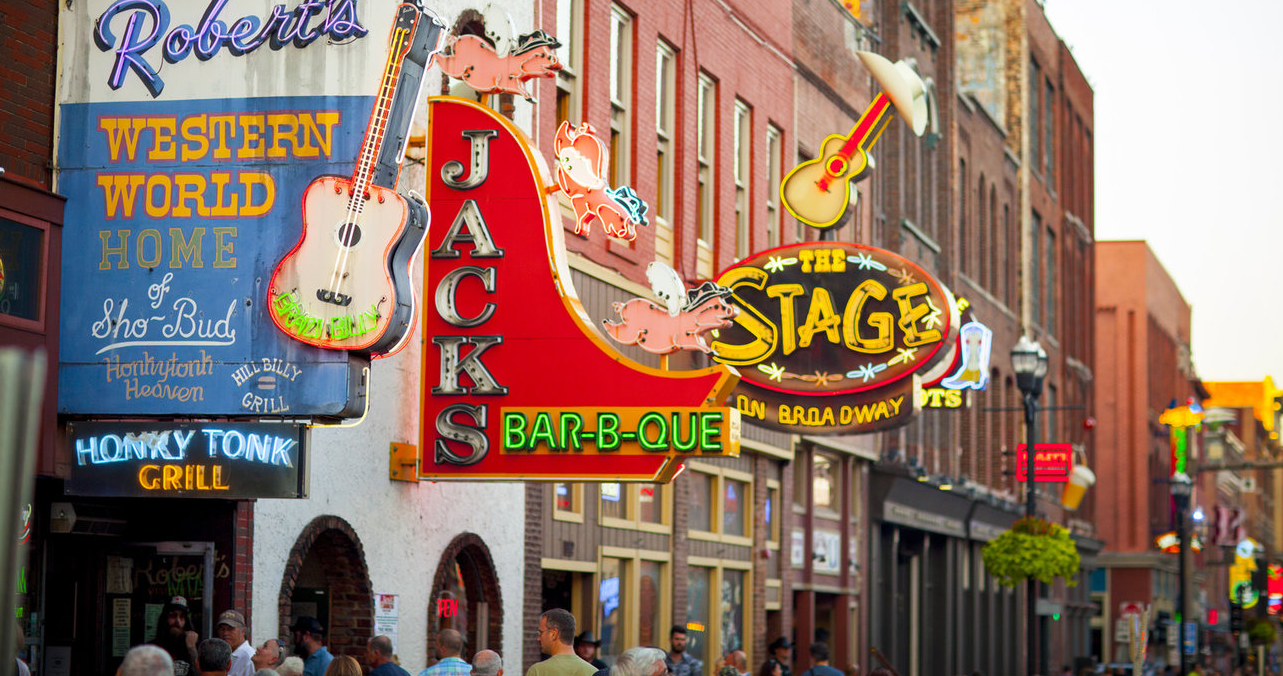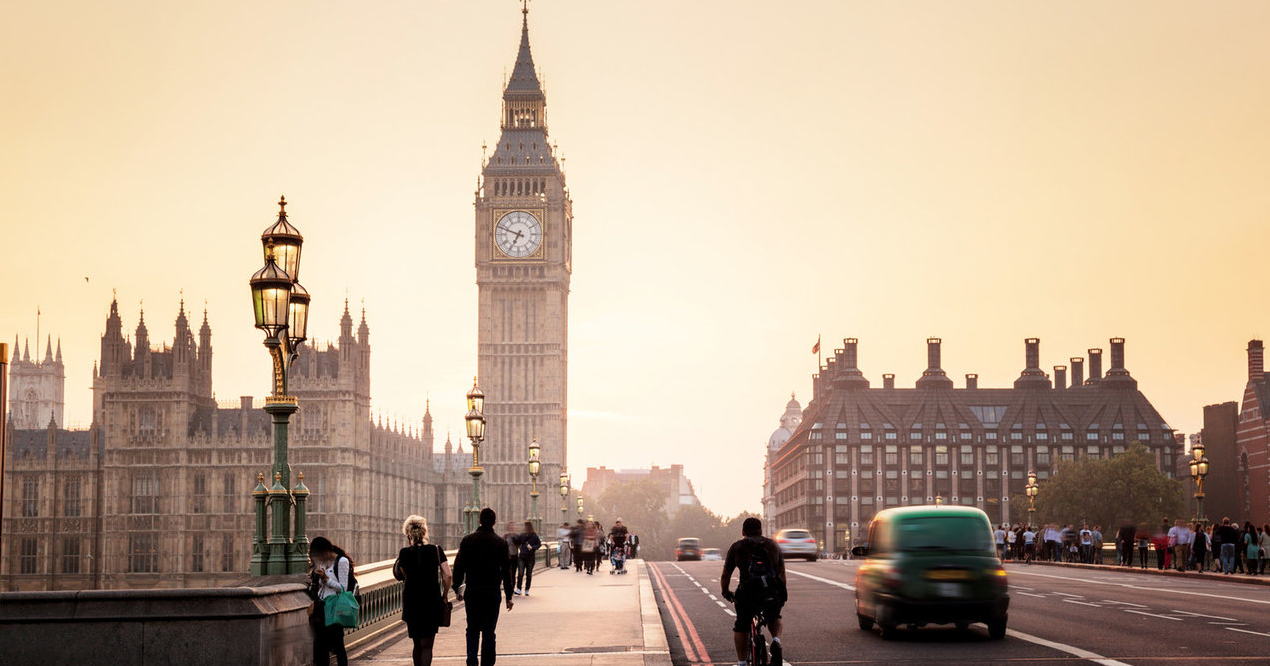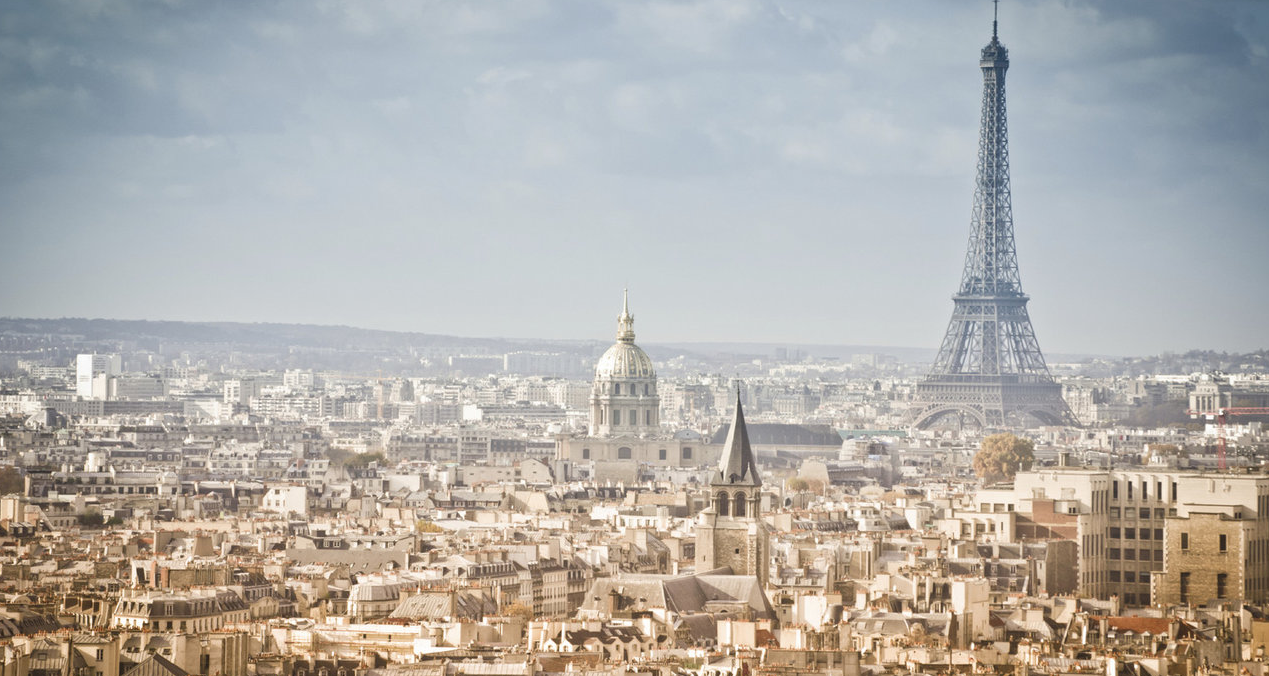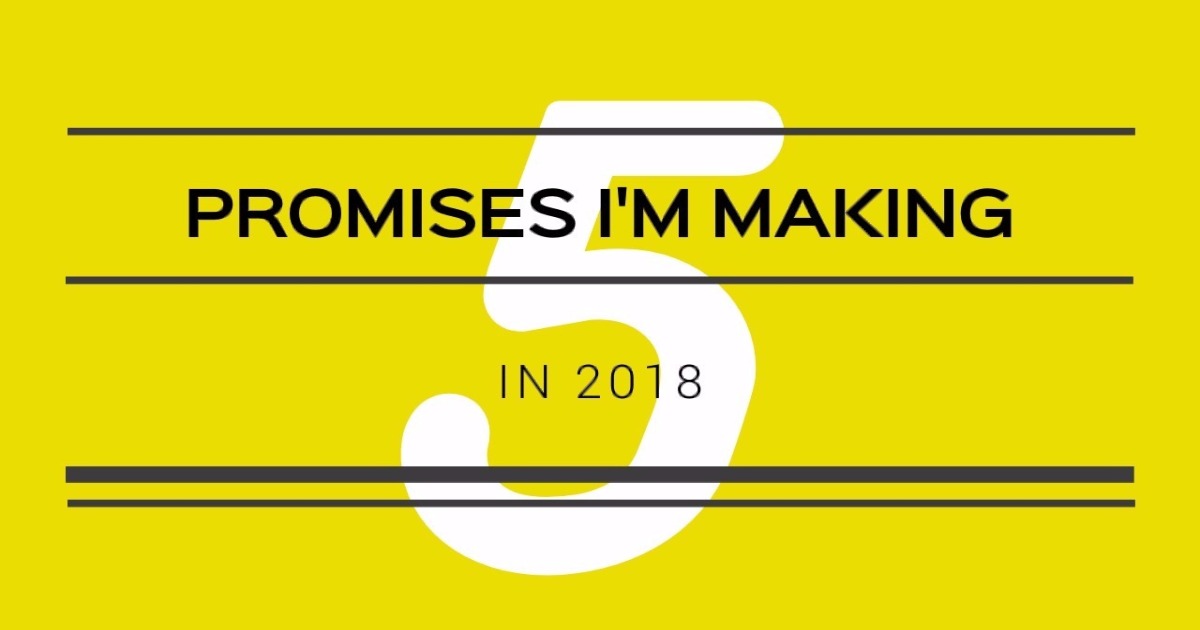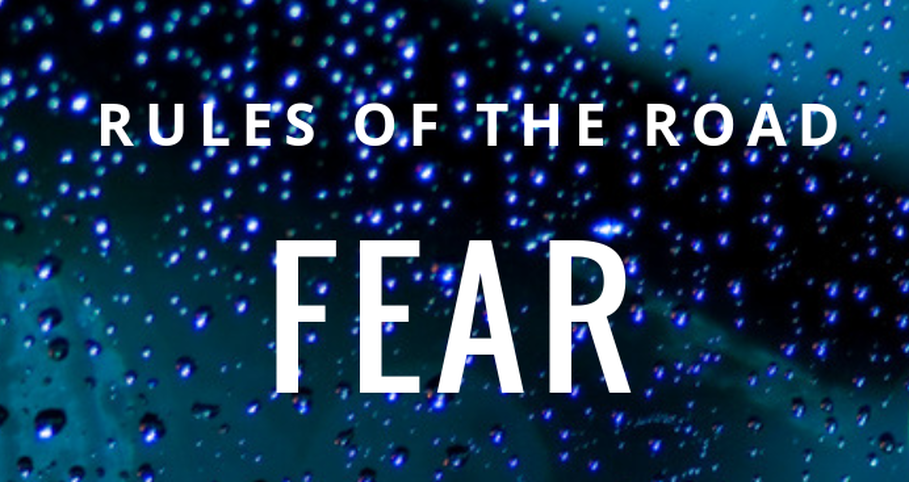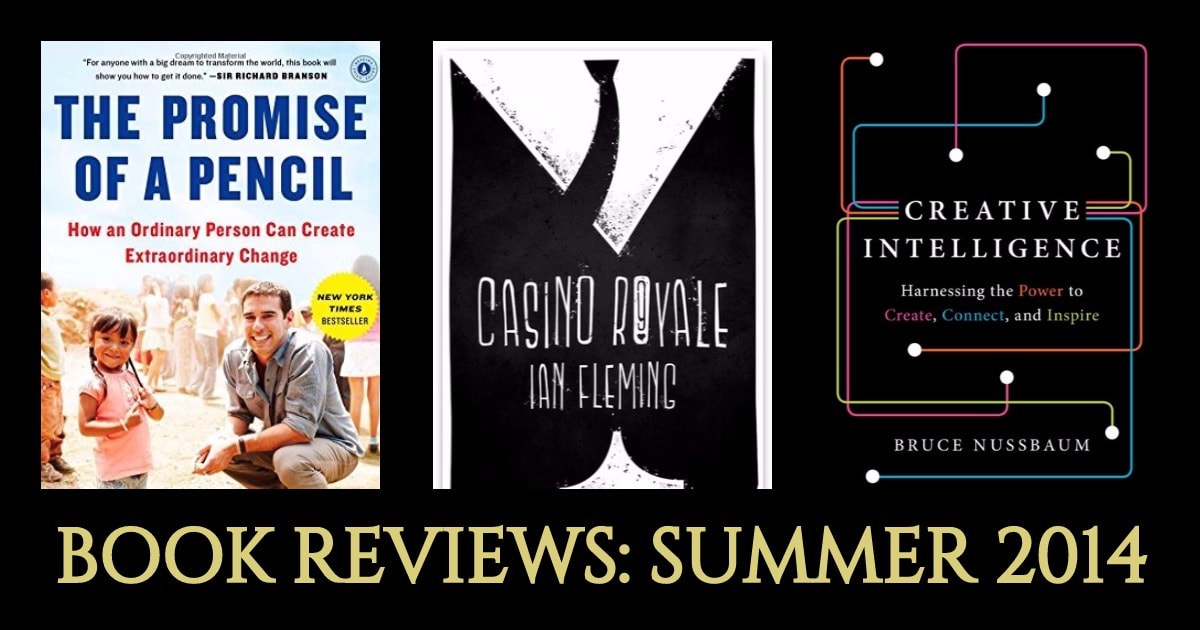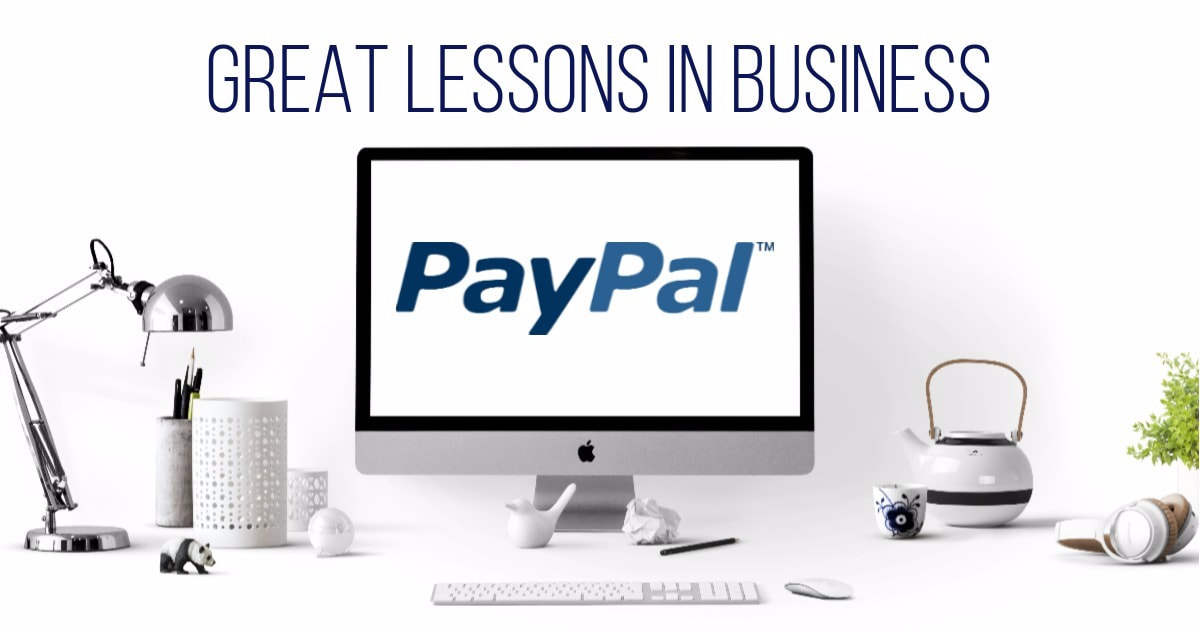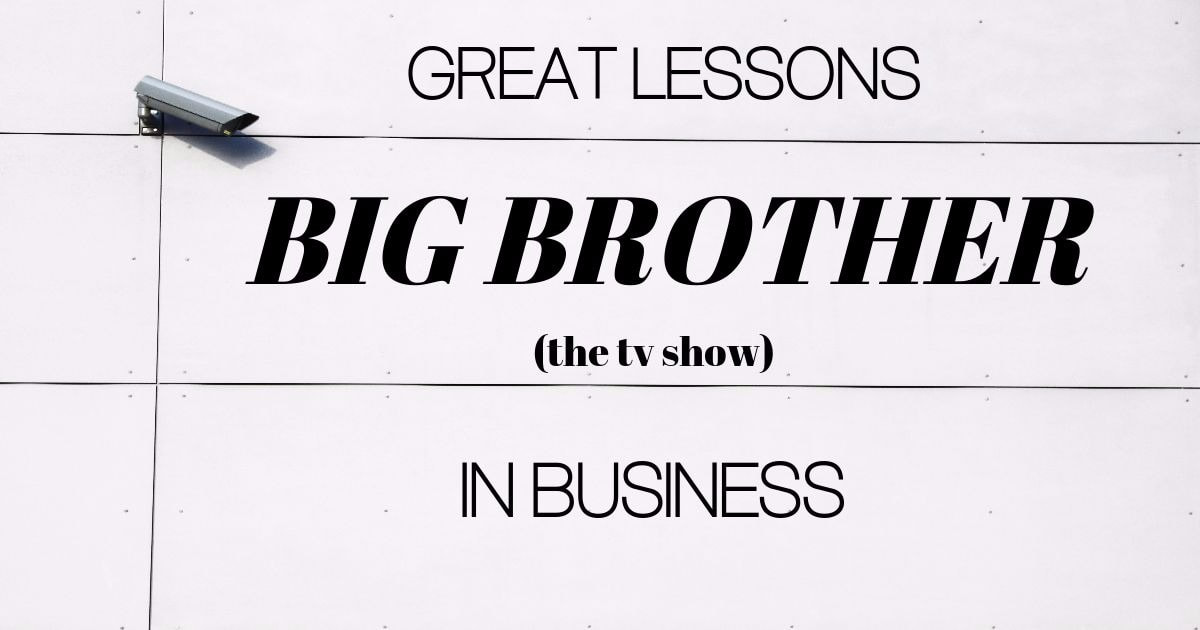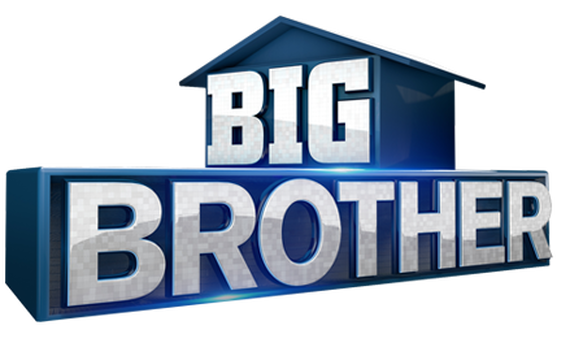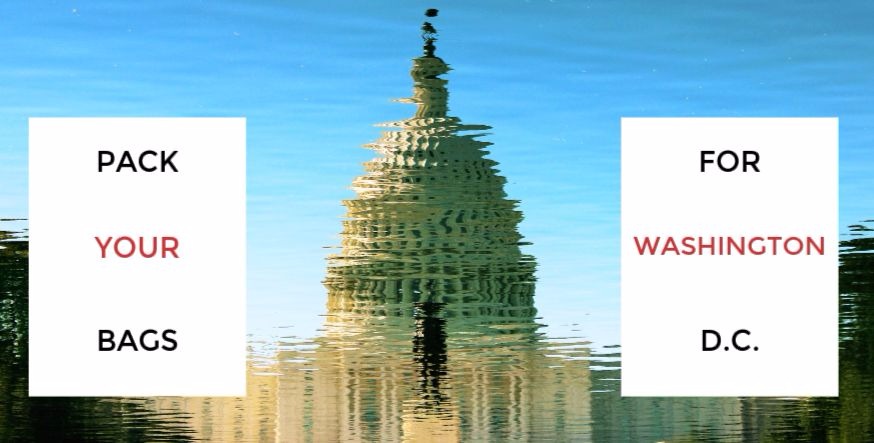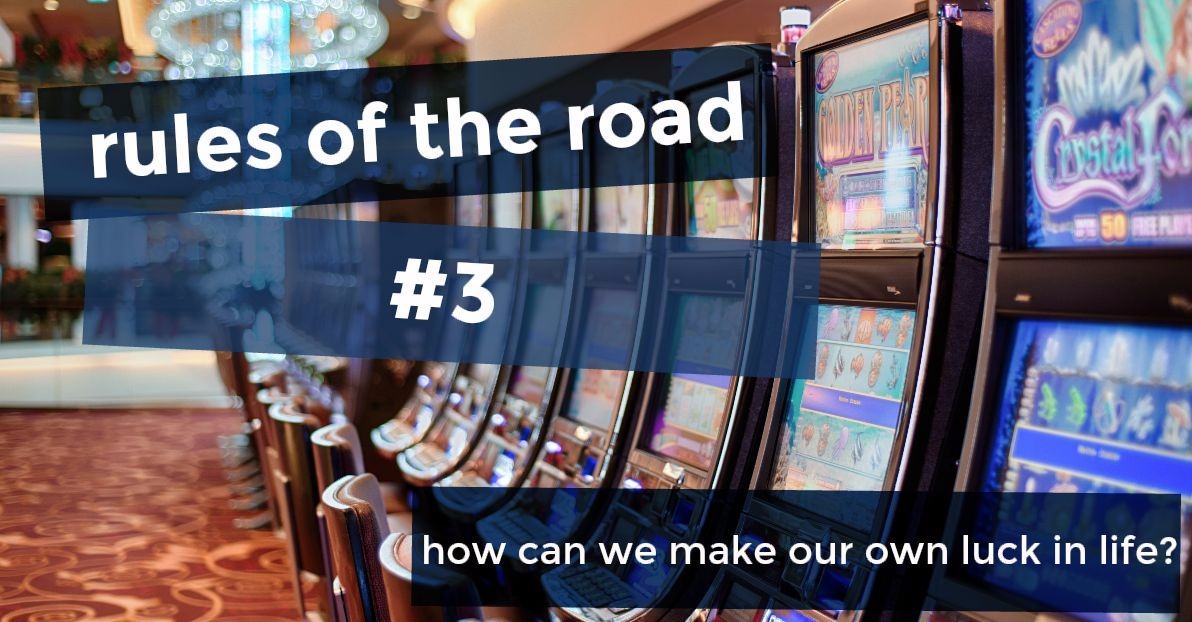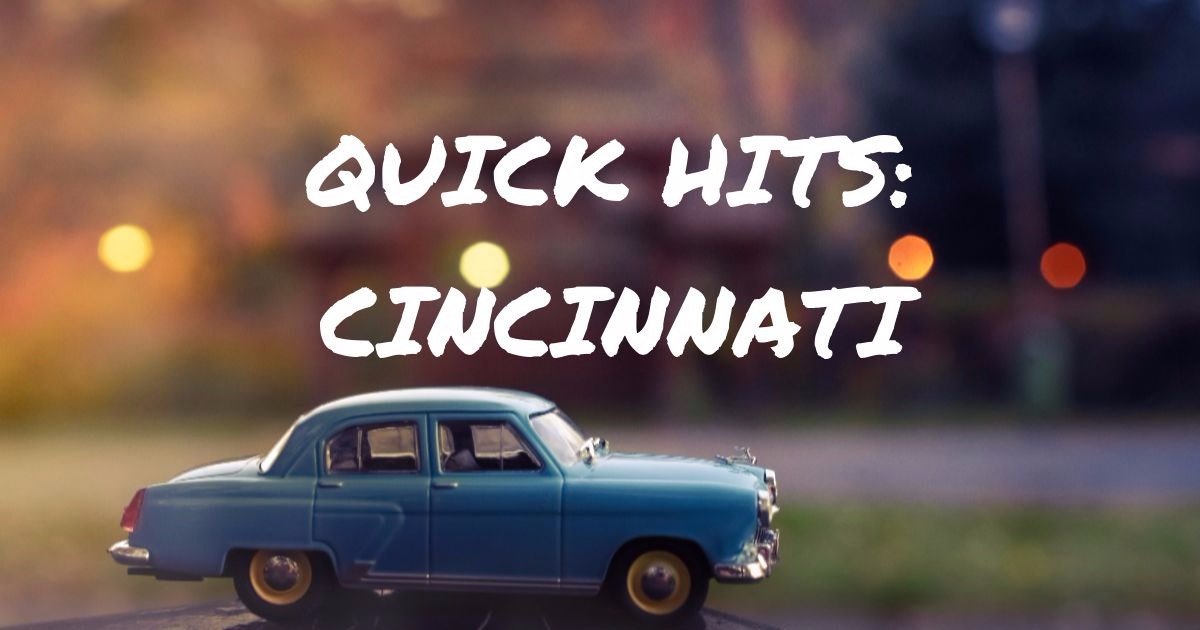|
In the world of Internet content, January is list season. Best this, must do that, need to have these. It seems unfair that I haven't gotten into the mix yet. Some of my favorite travel sites have been issuing their 2018 lists and let's just say some are more useful than others. For example, a site that shall remain nameless, detailed a Top 10 vacation destinations list with spots all over the world. One was Mauritius. Don't get me wrong, it looks beautiful. It's also at minimum a 20-hour one way trip from NYC with a layover in Dubai. Hardly a weekend getaway. The Points Guy, one of my favorite travel sites and an inspiration for this site, came out with a list that I loved. It highlights some resolutions all travelers should make this year, you can find it here: 9 Resolutions Every Traveler Should Make in 2018 Two points really stuck out that I want to share. Travelers, to get the most out of their trips, should always have a plan of multiple places they want to visit per year and should be open to spontaneous trips. Deals absolutely come up throughout the year, and the biggest mistake travelers make is failing to capitalize on great value because the timing for a trip isn't perfect. I want to take these strategies to heart, and the first step is planning where I want to go this year. Now I want to be realistic. As much as I would like to take a week and go to Mauritius, that's a once in a lifetime trip. Instead, I'm picking destinations that would make great weekend (or long-weekend) trips. We all have to work within the constraints of vacation days and weekend trips ensure at least 2 days to explore. Here are the locations I've earmarked for 2018, with some preliminary plans on how I can get there for little to no cost: 1. Charleston, SCCharleston is what I'd like to call a "whisper city". A place that people whisper about because they don't want too many tourists flooding the area. I have several friends who whisper about it and that makes me really want to go. Plan of action: Luckily Charleston is only a 2 hour flight from NYC, with regular routes on Jetblue. I recently saw a fare sale with round-trips as low as $108/6,600 TrueBlue Points, meaning this is a perfect spontaneous getaway. 2. Austin, TXThough I've been to Austin before I was only there for a day, so I think that qualifies me for a second go around. I'm not sure what time of year is best (guessing Summer would be too hot) and I've wanted to go to a UT baseball game sometime, which would mean springtime. I'm a big baseball guy and seeing games on the small stage like that is always relaxing to me. Plan of action: Because Austin has become a more popular Tech/Business hub in the last 10 years their flight options have expanded quite a bit. Regular routes on United, American, Delta, and Jetblue mean tons of options to scoop up cheap tickets with points. 3. Nashville, TNNashville is another town I've been to before (for one day) and have been dying to get back to. Nash-Vegas is the new Bachelor/Bachelorette party capital of America, and luckily my friends are starting to get married. Plan of action: Southwest is the most reliable option for me, and luckily I've got plenty of points and gift cards burning a hole in my pocket. I can regularly find fares under $275 round trip, so it's just a matter of time before I can snag a sale and go for less. 4. LondonOk, so maybe this isn't a pure "weekend" trip. I've always wanted to go to London and explore the UK like a roving, rewards points wielding James Bond. I've vowed to make the trip, which is only a 6 hour flight, at least once from NYC while I still live here. Plan of action: You can regularly find sub-$500 round trip fares on discount Euro airlines like Norwegian or WOW, which certainly isn't bad. My secret: Flying Blue Points. Though they're mainly used for Air France flights, they're in the SkyTeam Alliance meaning you get access to Delta flights. I'm holding out for a good deal on a Business Class seat for this one... More on how to book with Flying Blue Points in later posts! 5. New Orleans, LANOLA has been my White Whale travel destination. Every year I have good intentions on going, eating some amazing food, and trying to find a real life voodoo doctor...and then life gets in the way. Plan of action: United is the only carrier that can get me there reliably from NYC. They have one of my favorite rewards programs, and I've easily found round trip tickets for 25k points. Gimme those beignets! 6. ParisFine, I tried to slip this one in too. Probably would be longer than a weekend trip. You caught me! I've made this trip another "while I live in NYC" vows because it's just too easy to get there from the East Coast. I've been once before, right after I graduated high school, so I'd like to visit again now that I have more mature "tastes" (this is supposed to impress you...it shouldn't). Plan of action: I'll absolutely be shopping around my Flying Blue points for this trip. You can regularly find round trip tickets to Paris for as low as 50k miles. That's about as low as you'll see for a European redemption! Where else should I be going? How should I get there? What should I do in any of these places? Let me know in the comments below!!!
Comments
You can call them Resolutions if you like. Here are 5 goals I'm setting in 2018: I'm terrible at keeping New Year's Resolutions, or any resolutions for that matter. Change, even the positive kind, has always been difficult for me to swallow. Recently my life has changed in major ways that were outside of my control, which has been terrifying...but also liberating. I had to deal with unwanted pain and adjust how I define success.
Success is the reason we make resolutions every January. Why have a promised myself to go to the gym 3 times a week every week each January since I was 16? So that I could have a physique I considered a "success". News flash: that didn't work. I realized that whether I was in shape or not, I wasn't going to truly be happy. I'm guessing I'm not alone here. I'm not saying there isn't merit in our resolutions. We make them with the best intentions because we want to make our lives better. That's a good thing! What I've learned is we have to base success on our values instead of an arbitrary goal if we want to keep our resolutions. It sounds confusing, but it's really not. Go back to the exercise example. If my goal is to lose 20 pounds because my value is "to look good", there's a high chance I'll fail because there is so much that's out of my control. My genetics might not be tuned for rapid weight loss. I might hate going to the gym more than anything in the world (I do). I won't see immediate results, I'll get pissed, and I'll quit after 6 weeks. Let's change what I value about exercise to be more broad and within my control. Let's say my value is to make give myself as much positive energy as possible. I know exercise is the best way to energize my body, so I'm more inclined to work out because it will make me feel good regardless. I'll change my relationship with food because I know that junk food lowers my energy levels. Indirectly, weight may fall off. I'm more inclined to stick to this plan because my success metric is to feel good. Doing the work to feel good isn't work at all, it's altering your lifestyle for the better. With these value-based resolutions in mind, I want to lay out 5 promises I'm making to myself in 2018 and the values I associate them with. I'll stay accountable on these, with monthly check-ins (gulp) to track progress: Value #1: Maximize my positivity. Goal: Run 500 miles in 2018. -I used to think being positive was a question of willpower. To some degree it is, but I recently learned how important physical activity is to my attitude. Simply put, when I exercise I'm happier afterword. Instead of attaching a weight loss goal, I'm tracking a distance goal to get myself out running more often. Value #2: Learn more new things. Goal: Read 26 books in 2018. -I'm a pathetically slow reader, but I've also never made a solid commitment to reading. My hope is by focusing on learning as much as possible, the byproduct will be ditching wasted time watching TV and on social media. A book every two weeks will be a good start (I'm thinking I can beat this goal). Value #3: Chase after my dreams. Goal: Write 100 blog posts in 2018. -My career trajectory took a detour in 2017 and I realized it was because I wasn't doing work that made me proud. This site has always been something I've been proud of, and 100 posts will keep me coming back to the fun work I'm doing here. Not always good work, not always easy, but definitely fun. Value #4: Be more honest about myself. Goal: Write openly about my insecurities. -A big reason why my career took a detour last year was because I wasn't being honest with myself about what I wanted. I thought a job that paid a certain salary in a certain kind of office building would bring me joy because it's what I've always worked for. It didn't because I sacrificed my identity to get there. This year I'd like to be more honest about myself because it will open up the paths in life I'm supposed to be walking. I'll start with this: I'm terrified no one will read my writing on this site. Wow...that wasn't so bad! Value #5: Put experiences above accumulating wealth. Goal: Track everything I get for free in 2018. -I've spent most of my professional life focused on how I can make money. I would say most of us have. This has cost me more than any money I've saved, specifically in missed experiences. There are times I've been too afraid to spend money on a trip or tickets to an event that would have been an amazing to go to. I'm done living that way. My biggest value proposition on this website is to show you how to travel more for free, and I plan to live by that mantra. Each month I'll update my running tally on free things I've gotten and how they've opened up new experiences in my life. 2018 is already off and running, and these are the values I'm going to live by. What are you changing this year?
Lot of things been weighing on me recently, and fear is a popular topic. It's been almost a year since I started this website, and I can't say I've achieved all of my goals. I haven't gained a massive following. Haven't produced a lot of truly original content. Hell, sometimes I haven't even enjoyed the experience (beginner's tip: writing is hard). What I can say, however, is that I've learned a lot about what is driving my life.
Since I was a kid I've always been afraid of something, and I've never been able to shake it. When I was in elementary school I realized that eventually I would die, and it terrified me. Throughout High-School I worked hard not out of intrigue in classes, but because I was afraid of the humiliation of below-average grades. Even over the last 12 months I've considered myself ready for the new adventures life brings, but equally afraid of the fallout if something goes wrong. Even as I go to work now, there are days where I show up solely because I'm afraid of what my life would be without income and stability. These are bad types of fear. Not all fear is bad though. I'm guilty. I let life get in the way. I'll admit to it. Haven't posted any content in months (even though in my first post I promised myself I'd put in the work on this site). Right now I feel like Niedermeyer: For the sake of continuity, let me get you caught up on me:
1. Finished my Great American Roadtrip. If you want to hear about it, read my previous posts! 2. Was unemployed for 2 months. 3. Moved to NYC. 4. Became not-unemeployed. 5. Ate too many bagels. 6. Ate too much pizza. 7. Been living and working in the craziest/strangest/fastest/most awesome/most frustrating/confusing/cool city in the world. Caught up? Good. More blogs to come. I've had a lot of time to think!
In my quest to be more well-rounded, I'm going to give a quick recap of some of books I've been reading. Here's my collection for the Summer of 2014:
Creative Intelligence: Harnessing the Power to Create, Connect, and Inspire - Bruce NussbaumBuy on Amazon: Here
I picked up Creative Intelligence after reading one of the "30 Minutes With" features on gearpatrol.com (one of my favorite series on one of my favorite websites). The book establishes the idea that creative intelligence, or CQ, should be viewed equally with IQ. Some of the world's most successful people are not "smart" by traditional measures, but instead have an ability to dream and create new products and services. Nussbaum explains how crowdsourcing has created nearly limitless opportunity to bring ideas to life, if your idea is in fact good enough. Most importantly, the book makes does a great job at explaining the tendencies of the Millennial generation. A great read if you're looking to branch out into new projects, or if you're looking to maximize the effectiveness of Millennials in your business.
Casino Royale - Ian FlemingBuy on Amazon: Here
Casino Royale is Fleming's first installment of the famous 007 series. I admit I'm a HUGE fan of the movies (Starring Daniel Craig, certified badass), but I had never read any of the books. This is one of those "classics" that you can pick up on Amazon for a couple of bucks, and it's worth it. The novel is a short read (189 pages) and introduces us to the Bond we know and love. Royale follows the MI6 agent as he prepares to take down a major USSR financier through a game of...baccarat. Despite knowing the story from the movie the book still provides plenty of twists that give you a full understanding of Bond's origins. A must for all 007 fans.
The Pencil of A Promise: How an Ordinary Person Can Create Extraordinary Change - Adam BraunBuy on Amazon: Here
I like to stay active with my non-fiction reading as often as possible, specifically with business. The Pencil of A Promise is the story of a young entrepreneur, Bruan, who decides to quit his job to pursue projects with higher meaning. He quits his 6 figure job at Bain to found the NPO Pencils of Promise, raising money to build primary schools in the most underserved areas of the world. Braun's struggle is one of sacrifice and big dreams, and although he finds great success for a great cause, something didn't smell right. He comes from a family of great means in Greenwich, CT, attends Brown, and has a considerable number of "connections" who happen to pop up at opportune times. On top of that, his name should sound familiar. His brother Scott, aka Scooter, is credited with discovering and mentoring none other than...Justin Bieber! Braun's dream and project is commendable, but his advice should be taken lightly as he had resources around him that very few have access to (example, Justin Bieber's Twitter account, which they used to promote Pencils of Promise to millions). If your job feels meaningless to you give this book a read, it will definitely inspire you to do some good. If you don't like Bieber...maybe stay away.
How to build trust in the digital era.
I'll admit I'm a business nerd. I was the kid who didn't enroll in the Business School in college, then found myself hanging out there by the start of my sophomore year. We're in exciting times for new Internet businesses, specifically in the "repurposing" industry. What I mean is, companies like Uber and Airbnb are dominating their respective markets by just hosting an app. Airbnb has come out and challenged hotel giants like Hilton without owning a single property.
Because of the low startup cost and a great incentive to join (making extra money) these "repurposing" apps are growing daily. Need your errands done? Check (Taskrabbit). Need your house cleaned ? Check (Handybook). Hell, there's even an app where you can get people's leftover food in your neighborhood (unbelievable, Leftoverswap). The point is, if you need something done there are millions of people out there willing to do it for you using the things they already have. These are great ideas on paper, but each company has one major hurdle: trust. How do I know my Uber driver is a good guy? How do I know the cleaner I hire won't steal my stuff while I'm out? For the most part these companies succeed because the Millenial, or Tweet, Generation inherently trusts most things on the Internet. We know what's sketchy and what isn't, and we're not nearly as concerned about downloading a virus as our parents are. We only make up a small portion of the market, however. Gaining trust of Gen X-ers is the single most crucial obstacle digital companies must overcome. Enter Paypal. For as long as I can remember they've been the most trusted payment source on the Internet. A Paypal transaction is as good as gold. Which makes sense, seeing as those who built Paypal have since gone on to dominate the tech world (see, Paypal Mafia). So what have they done recently that piqued my interest? I was watching TV today and caught this commercial: PayPal / Security from Justin Leibow on Vimeo.
It was enough for me to pick my head up out of Twitter for 30 seconds to pay attention. I had never seen a Paypal commercial before, and they've been around FOREVER. This spot is genius though. It's modern, and appeals to the "hipsters" who like ninjas (if you're into that sort of thing). Most importantly it gets across one clear message: You can trust us with your money. Which goes a long way, specifically with older consumers. "Banishing Worry One Click At A Time" is as good as it gets for taglines.
Great entrepreneurs are very aware of the market around them. Though these "repurposing" businesses are technically in different spheres, they share a ton of the same obstacles. If they were wise, they'd launch a trust campaign similar to Paypal to seal the deal.
Admit it, we all have our guilty pleasures. I try to limit mine as much as possible, but binge watching TV shows is definitely a vice. I mean with Netflix and On Demand, it's so easy!
This summer I was shown (and immediately hooked on) one of the oldest reality shows: Big Brother on CBS. This is Season 16, so the show has a ton of staying power and I'm way behind. The concept is quite simple: 16 people live in a house together and compete for a $500,000 Grand Prize. Contestants vote off one houseguest each week, and the final person standing wins. There are competitions during the week including "Head of Household" (winner picks 2 people to be voted out, 1 of which leaves at the end of the week) and "Power of Veto" (winner has the ability to block one of the eviction nominees).
Other than that, it's a bunch of 20-somethings hanging out in a house. If you've ever seen a reality show parody, they're most like mocking this show. The contestants aren't exactly the most polished, and some just take advantage of the chance to party on TV on a major network's dime. I get it, it's trash television.
If you look closely, however, you'll learn some valuable lessons. These people might not be rocket scientists, but to win Big Brother you have to be an expert strategist. Contestants are building alliances based off of trust and intuition, and that's an incredibly risky game. You have to work with other people, but it's incredibly difficult to trust strangers to protect your best interests. In our careers we're faced with the same dilemma. We all have things that we want to do with our lives, and most of the time we have to trust others to help us get there. The best Big Brother players understand this concept very well, and they exhibit these traits that can help us advance our careers: 1) Have a Strategy Every Big Brother player has a personal strategy that compares their strengths to their opponents, all while looking toward the $500,000 end goal. In our career development we have to be equally as savvy. We must understand what our strengths are, who can potentially help us, and who is a threat. The quicker we can recognize these the more efficiently we'll be able to execute our strategy. Furthermore, knowing the goal is equally as important. Each Big Brother player knows they're competing for the final prize, so they use that context to evaluate their strategy. We need to know where we want to go with our careers. If you want to rise in your existing organization, then focus on who to work with and what timetable you need to get there. If you're looking for a new career, focus on acquiring the skills and contacts to get that new job. Either way, knowing the end point is equally as important as having an effective strategy. 2) Make It Happen Big Brother is unique because you have a group of people pretending to be friends to form alliances, yet constantly competing against each other. Even If you're in an alliance you're never safe because you know the person across from you is playing the game for themselves. If there's someone in the game who you view as a threat it's important for you to remove them so you can execute your strategy.What you view as a threat, however, might not be in the best interests of others. To get what you want, you have to go out and make it happen. You have to campaign for your cause. You have to network. Sometimes you have to get uncomfortable. Our careers are the same way. Though we have friends and co-workers who we go to work with, no one is looking out for your interests besides you. If you know your goal and have a strategy, then it's up to you to go out and execute. No one is going to come to you with a job offer or promotion on a platter. You need to go out and start asking questions and building relationships. You'll be surprised at what others are willing to do for you when you make the ask. 3) Seize the Moment In Big Brother, timing is everything. If you have an opponent you want to vote out of the house you often have to wait for them to do something wild or offensive so you can campaign for their eviction. What you want doesn't always happen on your schedule, which can be incredibly frustrating. What's even worse is if you pass on voting out a potential risky player, it can come back and bite you later on. The same is true when building a career. Maybe you want a new job, but there aren't any available. Maybe it's a promotion, but there aren't any openings above you. If you know your goal and strategy, you need to be ready to seize an opportunity when it comes up. Growth isn't always linear, and if you understand how the pieces of your strategy build up then you'll be able to take advantage of more opportunities. Just don't let your chances pass by you, because you'll be kicking yourself in the long run. Who says you can't learn lessons from reality TV? Big Brother has a lot of action, and if you look close enough you can grab some great tips on going after what you want. So go out there and make it happen! Washington, D.C. A town steeped in history, tradition, and corruption (Frank Underwood approves). I hadn't been to the District since I was a kid, yet I still found myself gravitating towards the same attractions. If you're an American you have to make the trip at least once, just don't do it in August like I did (hint: it's humid). Here are some of the Highs and Lows from the trip: High: As long as you're not driving your own car, transportation around downtown D.C. is relatively easy. An all-day Metro card is about $13, and the train system is incredibly efficient. If you're in between stops there are plenty of Uber and Lyft drivers around. Low: Politicians get around in a much more announced, and slightly annoying style. 10-15 vehicle motorcades come by frequently, and you can hear the sirens coming from a mile away. I'm all for the safety of our leaders, but as a visitor the noise gets old fast. High: History is apparently free. The National Mall and the adjoining Smithsonian Museum exhibits are free to the public. Honest confession, I didn't know that. You could easily spend multiple days in this area enjoying the museums. I went to the National Museum of National History and the National Museum of American History, both excellent. I've heard the Newseum is fantastic as well. Low: Two negative factors effect your museum experience. 1. You spend a good amount of time outside getting from building to building, so if you visit in the summer you'll be sweaty. 2. Crowds. Lots of crowds. Specifically at the Lincoln Memorial, which is too bad because it's a very harrowing location. Still worth the visit, but be forewarned. High: D.C. has an eclectic nightlife mix that caters to any interests. Me? I love food and baseball. So I chose to check out one of my favorite chef's restaurants (José Andrés' Jaleo), and then took the Metro down to National's Park to watch a game. Everything is high-quality at both establishments and you leave feeling very satisfied. Low: With high quality comes a high pricetag. D.C. is expensive, almost surprisingly so. Jaleo is a tapas restaurant, but don't expect to leave with a tab under $150 (and that's the cheapest of Andrés' D.C. restaurants). Hotels downtown are expensive, so if you're visiting I'd advise staying in a suburb near a Metro stop. Even the street vendors selling water are overpriced, but with the heat you'll pay just about anything. I suppose the free museums balance out the cash you pay for the rest of your trip. D.C. ended up being one of my favorite spots of my cross-country trip. I love America and I love the homage Washington pays to our history. No matter how old you are it's never too late to make your pilgrimage to our Nation's Capitol.
Go where you want, and act like you own the place
For those of you who don't know me, I'll give you a full disclosure: I'm a pretty cautious person. I like to plan things out to minimize risk and variables. When I'm driving, I look at the full route on Google Maps so I know exactly where to turn. If I'm going to a game I scout out exactly where the best parking lots are. If I'm going out to dinner I make sure I get a look at the menu to know exactly what's being served (even though I'm not a picky eater). You get the picture.
I like to stay on the route that I'm currently on, with the notion that my hard work and selflessness will inevitably reward me. It's just like going to school. If you show up to class, work hard and study, your grades will reflect your effort. What I quickly found out, however, is that the real-world is not a traditional classroom. There are risks and variables, and there is no textbook telling you how to get what you want. Instead my experiences have been more like a professional baseball stadium. Right now, I can afford only the cheap seats. I just want to get into the game to experience the atmoshpere even if I have to squint to see the game. I look longingly at the fans in the lower levels who paid a lot more for their tickets, and all I can think is "one day". If I keep working hard I'll one day be rewarded and earn my place where I belong. But what if that day never comes? What if we do what we feel is "right" for years and never get to where we want to be? There are a lot of people in this world, and I don't think they'll lose much sleep over me not achieving my goals. Sometimes we have to get off the straight path that we're set on to get something better. Sometimes we have to move ourselves from the nosebleeds down to the first level, even if we don't have a ticket. We need to sneak into the first row of the stadium into some unoccupied seats. I honestly believe that through hard work I'll be able to reach my goals. But there will be times where we don't have the resources or tools to get what we want. So we need to take a chance and make our own luck. You want better seats? Take them. You want that new job? Show up at the office with a resume instead of just sending a bland email. You want a table at a fully booked restaurant? Quit looking at Opentable and go out and "borrow" someone's reservation (fake it 'til you make it!). Wherever you plan to take risk, just keep one thing consistent: own the situation. Be bold and confident. When you move down to those first row seats, act like you're supposed to be there. If you know you're supposed to be there, others will believe you. And in reality, what's the worst that could happen? You get kicked out of the seats? At least you gave it a shot! So from now on I'm choosing to take a few risks. Showing up where I'm not supposed to be, but where I want to be. I have the confidence to know what I want and go after it. When the situation calls for it, you should go after what you want too. Life is too short to sit around and wait for things to happen. Does Cincinnati even have a nickname? Who knows. When my time in Chicago sadly ended, I was even more bummed that my next stop was Cincinnati. I strategically planned to minimize my time there, and you know what? I'm upset I did that. Cincy is hands-down my sleeper pick for best city to visit. Unfortunately, I didn't have any time to take photos, but here are some of the things that made my first trip to Ohio awesome:
*I have a confession to make. I'm a sucker for a cool city skyline. I think a well defined skyline is a huge plus in a city, and Cincinnati has the perfect balance between buildings and small city feel. The Great American Building juts out above the riverfront stadiums, and at night you get a phenomenal view. *Ok, another confession. I like going to casinos. Sit me down at a blackjack table and (bankroll willing) I'll be there for hours. Cincinnati has a Horseshoe Casino downtown, and as luck would have it I was a winner. Definitely a nice entertainment feature to have in the middle of the city. *Cincinnati's riverfront area is a sports haven. The first thing you notice as you cross the Ohio River are Great American Ballpark (home of the Reds) and Paul Brown Stadium (home of the Bengals). This part of town is spacious, but also growing as a number of new apartments and restaurants were being built. I got to check out Bengals training camp, luckily they still don't look as good as my Patriots. *Trendy word alert: gentrification. Cincinnati has it in droves. The residents are doing an awesome job of converting what could be run-down neighborhoods into bustling dining and nightlife areas. I spent time in the Mt. Adams and Clifton Heights neighborhoods, and both have bustling bar scenes and tons of cool housing options. They've done a great job of renovating the old while holding onto the architectural integrity. You know, if that's what you're into. So all in all a VERY successful trip. Would I move to Cincinnati? Probably not. Would I take a trip there again? Absolutely. |
